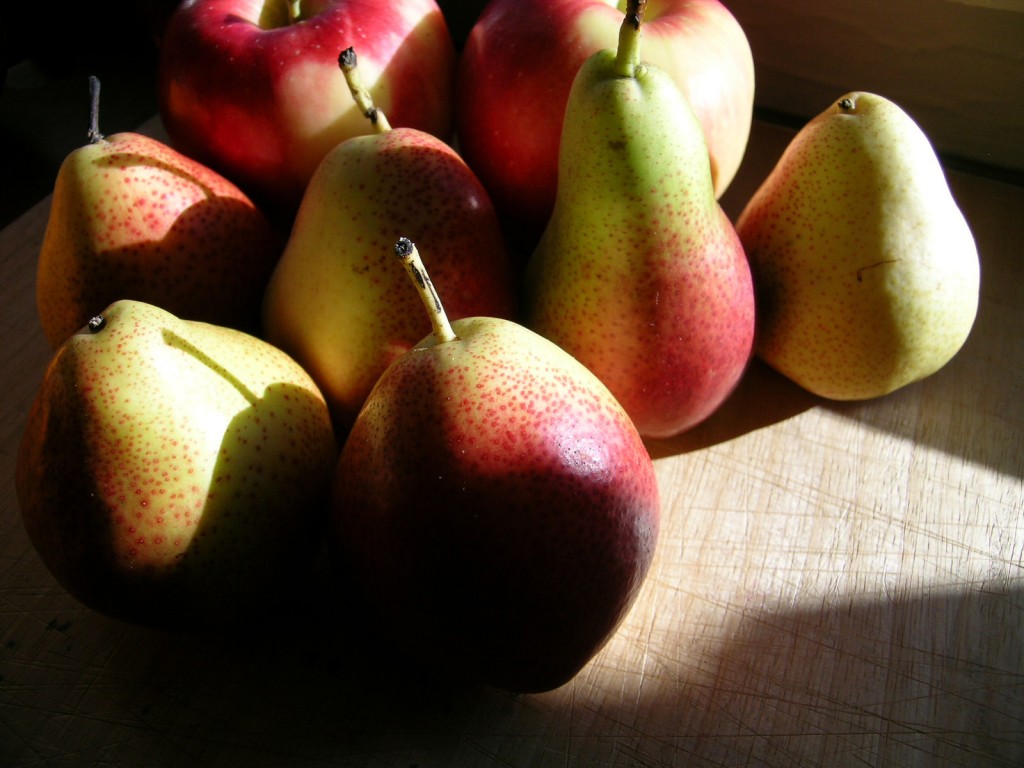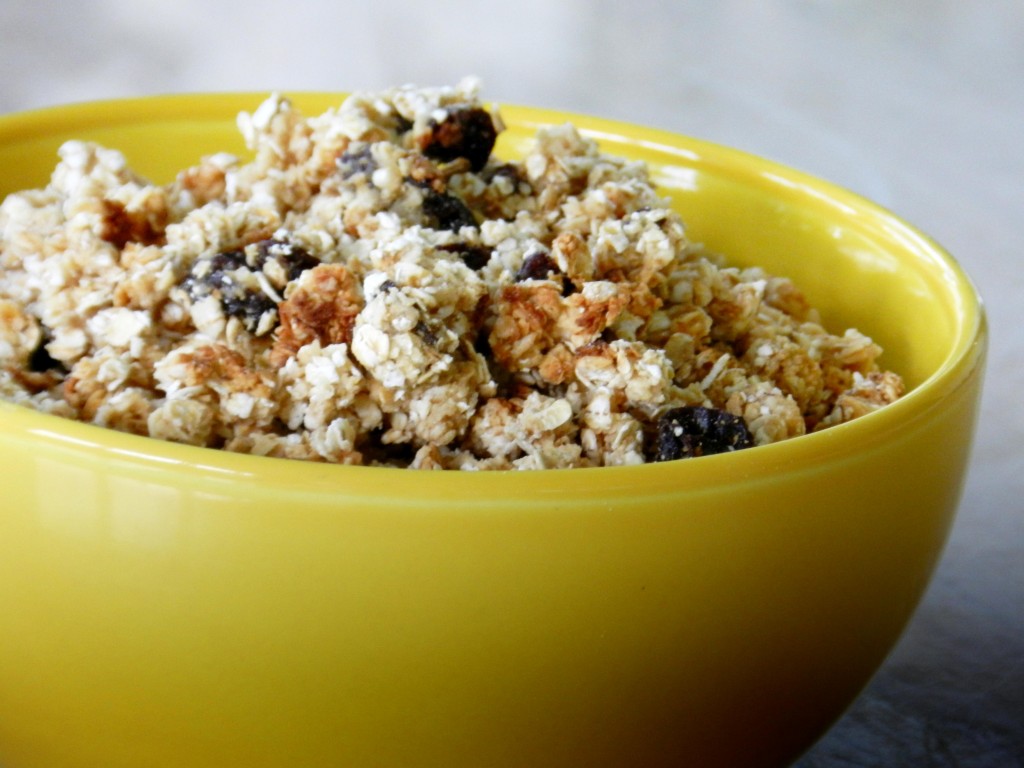Posts feature partner companies & may be sponsored. Post contains affiliate links & I will be compensated if you make a purchase after clicking on links. As an Amazon Associate I earn from qualifying purchases.

Think About This: The total of all U.S. organic sales, including food and non-food products, was almost $29 billion in 2010. That is a 10% increase from the year before. What does that mean? Basically, there is a LOT of money to be made in organic products. Companies know that if they can slap the word organic on an item, you will pay more for it…and that means more profit for them.
Here is a term you need to be familiar with: Greenwashing (according to Wikipedia) is “a form of “spin” in which green PR or green marketing is deceptively used to promote the perception that a company’s policies or products are environmentally friendly.” In other words, a company promotes their product as being environmentally friendly when it really isn’t. How can companies get away with this? Apparently the Federal Trade Commission hasn’t been too concerned with this issue up until now, although there are some recent proposals aimed at making it more difficult for companies to greenwash their products.
Here are a few of the products and industries that are most often greenwashed. You may want to research these areas a little deeper before making your purchase.
- Meat: Lots of companies advertise their meat as “wholesome,” “premium quality,” and “all natural.” even though they get their meat from factory farms and feed their animals genetically modified (GMO) corn. According to the information I found, Tyson was recently caught labeling their meat as ‘all natural’ even though the animals were given antibiotics. As a result of consumer backlash, the Tyson brand chicken is now raised without antibiotics.
- Personal Care and Beauty Products: If a company sticks one organic ingredient in an otherwise unnatural product does that mean the product is ‘green’? Not too long ago, Clairol’s Herbal Essences shampoos claimed to offer a “truly organic experience” but also included lauryl sulfate, propylene glycol and D&C red no. 3. That is a far cry from being an organic experience!

✯Don’t want to miss the next post?✯
Follow Turning the Clock Back on Facebook | Twitter | Pinterest
Or join the private Facebook group for simple tips on going green!
- Breakfast Cereals: The price on a box of cereal nowadays is ridiculous and if a company can say it is organic, natural, whole grain, low sugar or any other ‘good for you’ claim they can charge even more! These products usually contain genetically modified grains and milk from cows treated with growth hormones but they aren’t going to put THAT on the box!
- Dairy: I was shocked to learn about a controversy involving Horizon’s organic milk! According to the claim on the Organic Consumer Association’s website, the Horizon dairy farms in question do not meet the requirement for organic labeling because it was not a ‘grass based dairy’. (in other words, the cows lived inside in stalls and had nowhere to actually graze) It makes it difficult for me to trust organic claims when a brand I have known and loved for years gets caught in a situation like this.
Want to see the The Top 25 Greenwashed Products in America? Check it out, it is rather disturbing how consumers are being misled! You may also want to read The Black List for a list of health and beauty product ingredients that you do NOT want to use. If a product says ‘contains organic ingredients’ use this list to see what they aren’t telling you!
So, what is being done about the practice of greenwashing and how can you help?
In 2008 the environmental group Greenpeace launched a website called Stop Greenwash to help expose fraudulent claims and educate consumers. There is a lot of information on the site, petitions for you to sign, and a request for your submissions if you come across some less than honest green advertising.
Other than the Greenpeace site, I found very little that consumers can actually DO about this problem other than just educating ourselves, researching a company’s claims and taking our buying power elsewhere.
SO, my 2 cents on the situation (because I know you want to hear it!) I do not live an entirely ‘green’ life. I have a weakness for Diet Coke and Cheetos. I have been known to throw away the occasional recyclable…like when I clean out the refrigerator and there is something green and scary growing inside a glass jar that used to contain horseradish. I cannot afford to buy all organic products. BUT…don’t lie to me about your product in hopes of tricking me to pay more for it. That just makes me mad. Once you lose my trust, you lose my dollars…and they will be very hard to earn back again.

Diane is a professional blogger and nationally certified pharmacy technician at Good Pill Pharmacy. She earned her BS in Microbiology at the University of New Hampshire and has worked in cancer research, academics, and biotechnology. Concern over the growing incidence of human disease and the birth of her children led her to begin living a more natural life. She quickly realized that the information she was learning along the way could be beneficial to many others and started blogging and freelance writing to share this knowledge with others. Learn more about her HERE.

Green and organic are the new hot words in marketing. Companies are in the business to make money and will stretch the truth when they can get away with it. You should definitely always do your own research.
HI Diane,
This is a very great post! I wanted to stop by and say hello. I am not sure if you remember me, but I formerly wrote Tips 4 Green. Please come and check out my new blog, The Crabby Apple: http://the-crabby-apple.com
Thanks and have a great day!
Alissia
i remember when i broke up with Aveda and Lush- that was an interesting day. Thought I was doing something right, until I decided I’d read the ingredients. booooo.
thanks for reading. I am definitely going to have to be more educated. I hate that the almighty dollar is so important but I guess Im not surprised!
Great points Diane! I think we are all left to do our own research these days. I’m a smart enough consumer to be skeptical of packaging, but finding the real info. I need to decide is often difficult. It’s great to know that we are all searching this out together for the health of our families.
I write on greenwashing quite often. The best way to know if a company’s claims are valid is to look for independent 3rd party certification. And then look up that certification to know exactly what it’s standards are.
For example, in order for a product to be USDA or ACO (Australian Certified Organic) certified organic it must contain a minimum of 95% certfied organic ingredients excluding salt and water. There are also strict requirements for the remaining 5% such as no synthetic chemicals or genetically modified ingredients.
For a product to claim to be “Made with organic ingredients” it must have a minimum of 70% certified organic ingredients with the same criteria listed above for the remaining 30%.
When you see personal care products with the USDA certified organic logo it’s the same criteria. It means that product has met food-grade organic standards and that’s a very high and very difficult standard to reach with personal care.
There are other “organic” certifications out of Europe (ie: Eco Cert) that have much lower standards and also allow synthetic ingredients, so it’s important to know just what the criteria are for certification.
I started the Greenwashing Hall of Shame on Facebook as a place to discuss greenwashing and share information about companies that are greenwashing.
I also wrote this article last year that you might find helpful: 9 Steps to Avoid Greenwashing http://www.greenwala.com/community/blogs/all/12992-9-Tips-for-Avoiding-Greenwashing?f=true&q=greenwashing. Would love to know what you think.
Great post! I’ve been an avid label reader for years, but I was unaware of some of these things. My daughter and I both have sensitive skin, so we avoid the Black List ingredients. There are so many options out there now, fortunately, that one doesn’t have to buy chemically-laden products that are animal-tested.
Sigg water bottles really annoyed me. When everyone was freaking out about BPA, they sold water bottles by the boatload, benefiting from the panic. Then months later it turns out that their water bottles contained BPA all along. It was really dishonest, and cemented my decision to never buy a Sigg bottle.
I look for the USDA certified organic logo on products to determine what standards they have met.
Diane, I totally agree! I’m trying to get to 100% green, it’s INSANELY difficult, mainly because of this lying. One of my least favorite is when they mark meat as “organic” and “vegetarin fed!”, WHICH MEAN CORN FED. I felt personally insulted when I noticed that, like they thought I was stupid. Still working on getting better meat, this a process. Thank so much for the
links, sharing with my crowd!
Gina B
mom-blog
Honestly, I had never thought about it. I was like you and thought if they said they were green they were telling us the truth. I will be checking out that list. Thanks for sharing.
I think “green” is just a new way to make money. We don’t eat meat, or cereal, and limit our milk intake so we definitely aren’t going to be spending $7 a gallon on the ‘organic’ milk here at our local store when we can get skim milk for $3. As far as beauty products go, you’re almost always better off making your own! 🙂
It’s Thursday again…and you have me thing again..lol.
WOW…that list of Top 25 Greenwashers..unbelievable. I will admit..sometimes I do have my head in the sand when it comes to “green” living…but you are actively pulling my head out of the sand…so thank you!